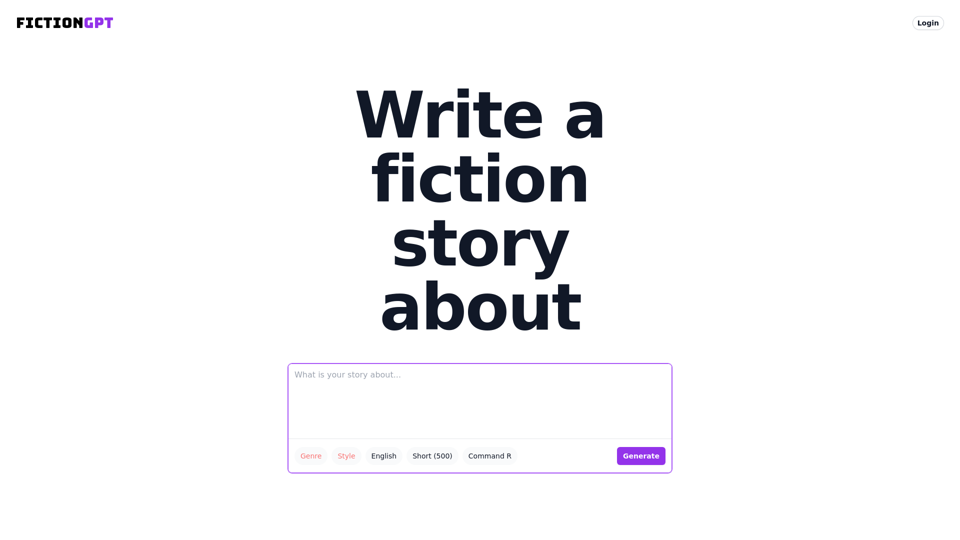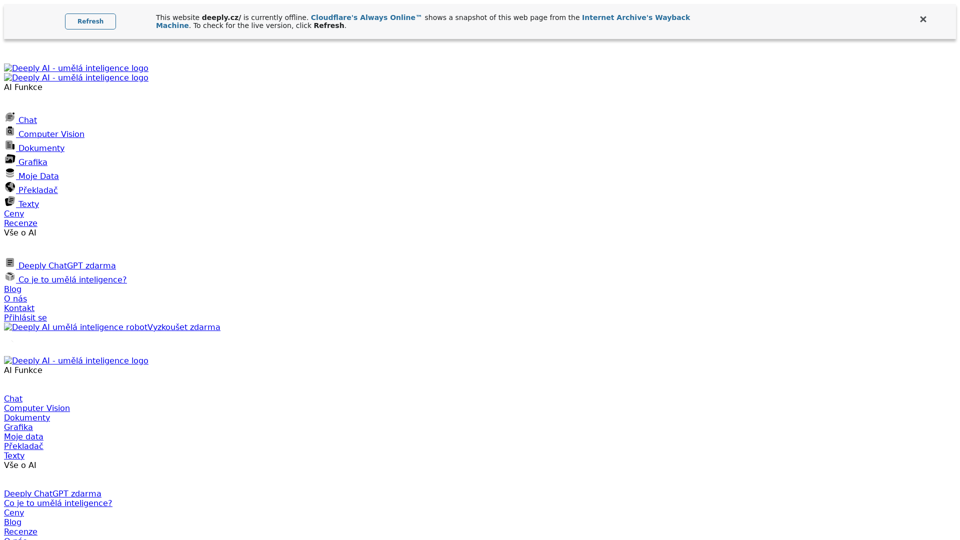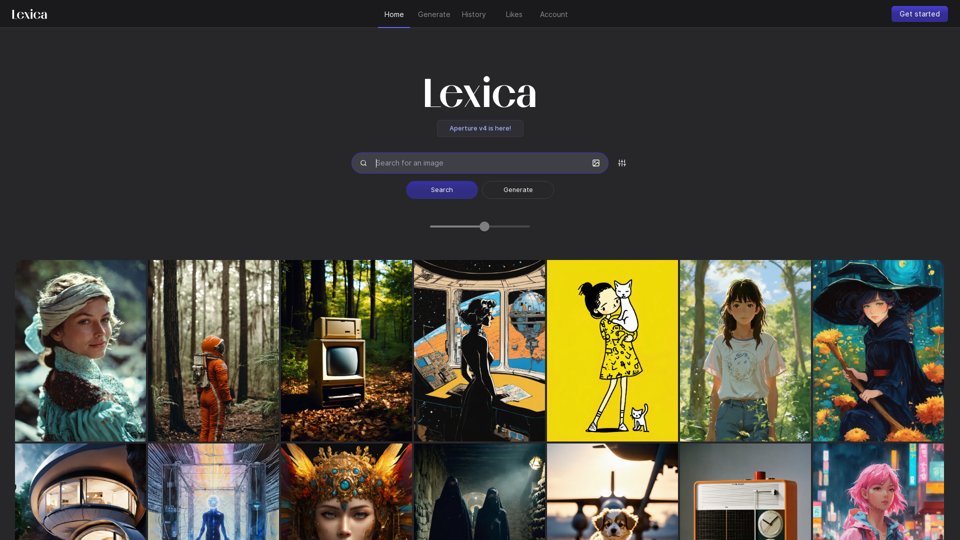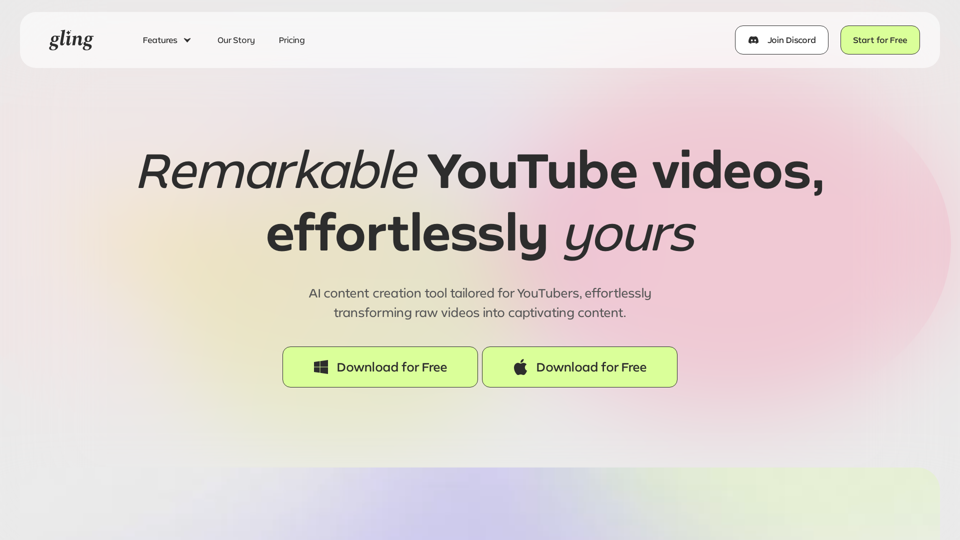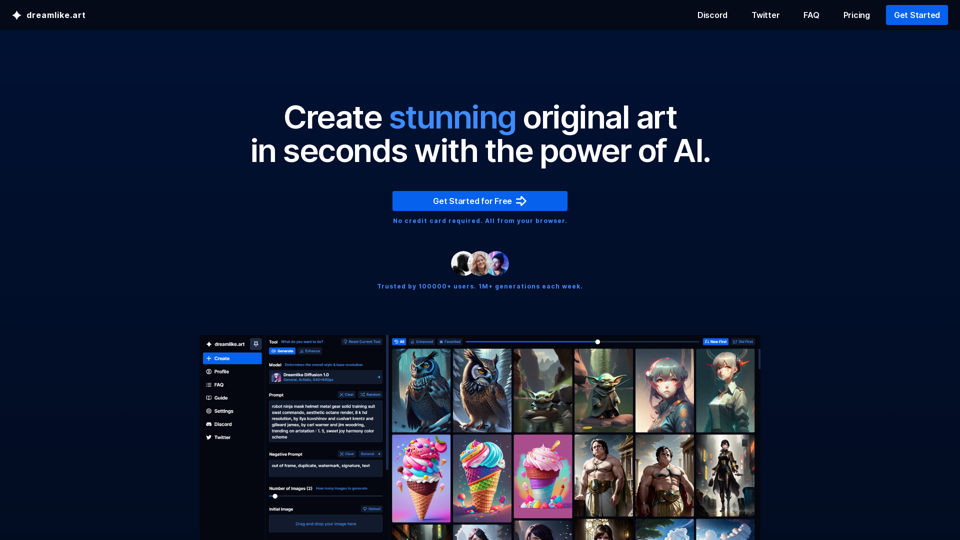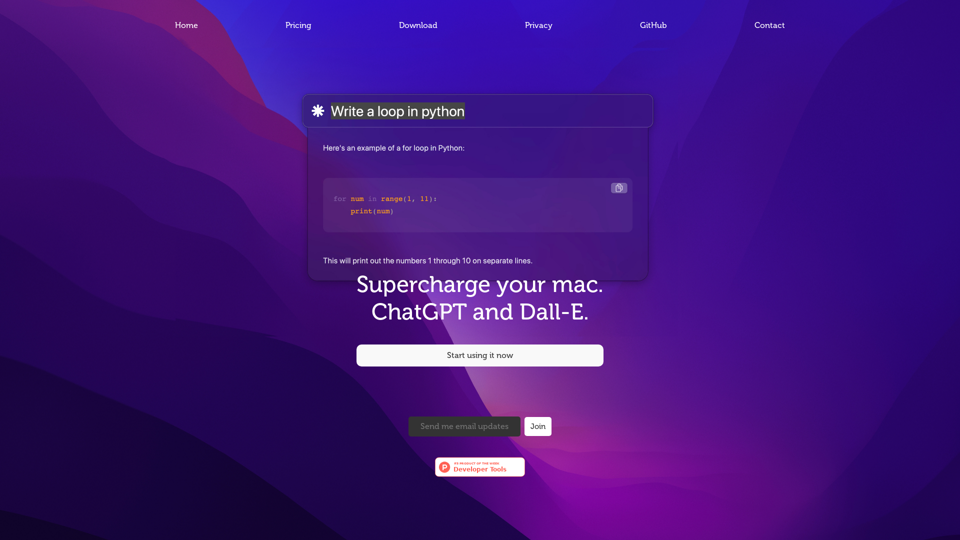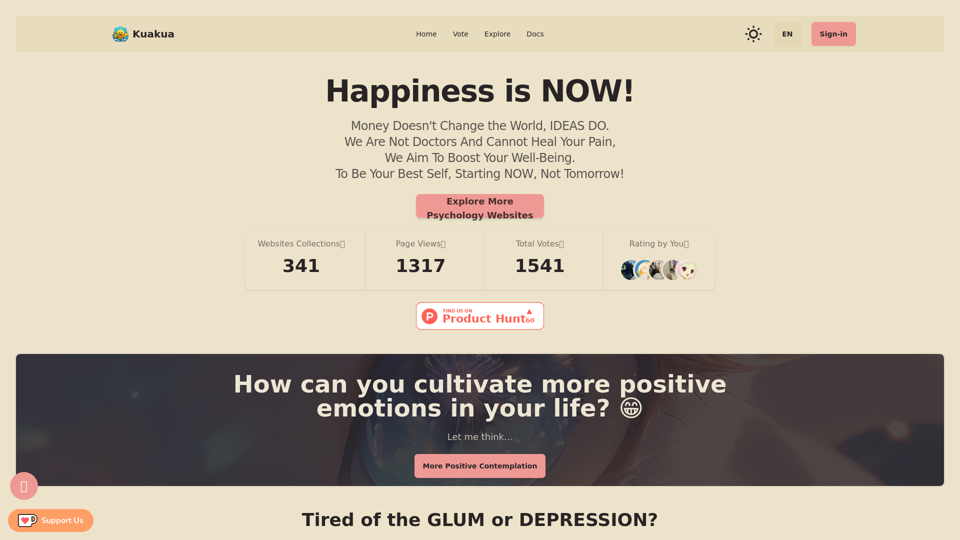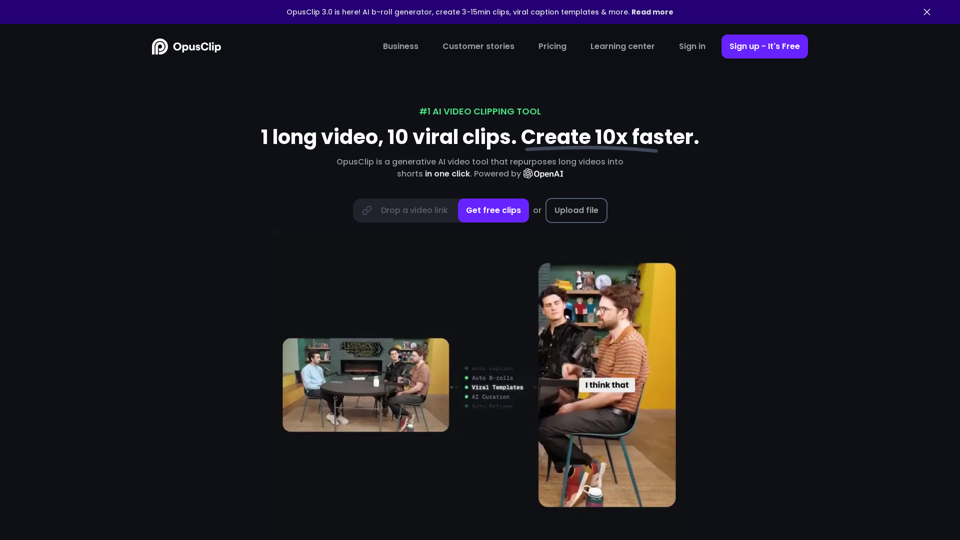What's AI in Mental Health?
Artificial Intelligence (AI) in mental health refers to the use of advanced algorithms and machine learning techniques to enhance mental healthcare. AI tools are designed to assist in diagnosing mental health conditions, personalizing treatment plans, and providing immediate support through digital platforms like chatbots.
Benefits of AI in Mental Health
Improved Accessibility
- AI-powered mental health apps and chatbots offer 24/7 access to mental health support, breaking geographical and time barriers.
- They provide an affordable alternative to traditional therapy, which can be costly and difficult to access.
Enhanced Diagnostic Accuracy
- AI algorithms can analyze vast amounts of data to accurately diagnose mental health conditions, often with greater precision than traditional methods.
- Machine learning techniques are used to predict patient outcomes and tailor interventions accordingly.
Personalized Treatment Plans
- AI can create customized therapy regimens by analyzing patient data, including medical history, lifestyle, and genetic information.
- This personalization ensures that treatment plans are more effective and suited to individual needs.
Support for Mental Health Professionals
- AI tools assist therapists by automating routine tasks, analyzing patient data, and providing insights that enhance clinical decision-making.
- They free up time for mental health professionals to focus on providing empathetic care.
Privacy and Anonymity
- AI-based mental health solutions offer a level of privacy that encourages individuals to open up about sensitive issues without fear of judgment.
- This can be particularly beneficial for those hesitant to seek traditional therapy due to stigma.
How to Use AI in Mental Health
Chatbots and Virtual Assistants
- Chatbots like Woebot and Tess provide on-demand emotional support and cognitive behavioral therapy (CBT) exercises.
- They engage users in conversation, track their progress, and offer personalized advice.
Wearable Devices
- Wearables equipped with AI can monitor physiological signals such as heart rate and sleep patterns to assess mental well-being.
- These devices alert users and healthcare providers to potential mental health issues, enabling timely intervention.
Data-Driven Insights
- AI systems analyze electronic health records, social media activity, and other data sources to identify early signs of mental health conditions.
- This proactive approach aids in preventing the escalation of mental health issues.
Integration with Healthcare Systems
- AI tools are integrated into healthcare systems to streamline workflows, enhance patient engagement, and improve treatment adherence.
- They help in managing patient data, scheduling appointments, and delivering educational content.
AI in mental health is transforming the landscape, offering innovative solutions to address the global mental health crisis. By enhancing accessibility, personalization, and support, AI holds the potential to significantly improve mental health outcomes worldwide.
